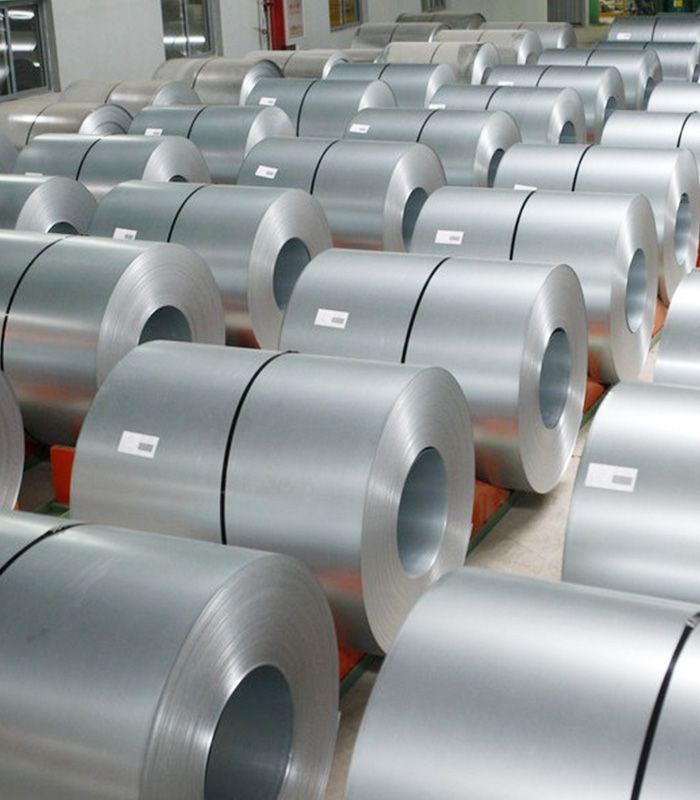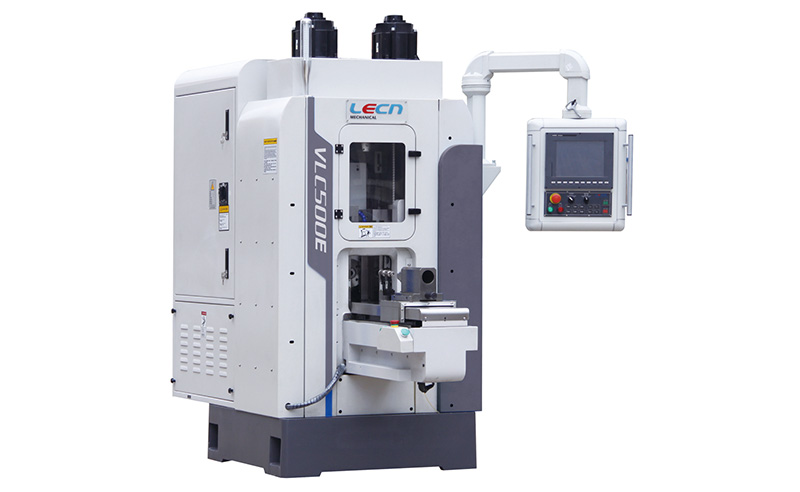Galvalume steel coil is a crucial material in various industries, renowned for its exceptional durability and resistance to corrosion. As a leading provider in the manufacturing sector, we pride ourselves on delivering high-quality Galvalume steel coil products to meet the diverse needs of our customers. In this comprehensive guide, we delve into the intricate production process of Galvalume steel coil, shedding light on each step involved in crafting this remarkable material.

Raw Material Selection
At the heart of the Galvalume coil production process lies the meticulous selection of raw materials. We source top-grade steel and aluminum to ensure optimal performance and longevity of the final product. By adhering to stringent quality standards, we guarantee that our Galvalume steel coil exceeds industry expectations in terms of strength, durability, and corrosion resistance.
Cleaning and Pretreatment
Before the steel undergoes the coating process, it undergoes thorough cleaning and pretreatment to remove any impurities and contaminants. This step is essential to ensure proper adhesion of the coating material and to enhance the overall quality of the Galvalume steel coil. Our state-of-the-art facilities employ advanced cleaning techniques to achieve impeccable surface preparation, laying the foundation for a flawless finish.
Application of Galvalume Coating
The hallmark of Galvalume steel coil is its unique coating, which provides superior protection against corrosion and weathering. During this stage, the cleaned steel substrate is coated with a precise combination of molten zinc and aluminum alloy. This innovative coating not only enhances the aesthetic appeal of the steel but also reinforces its resistance to rust, making it ideal for a wide range of applications, from construction to automotive manufacturing.
Heating and Cooling Process
Once the Galvalume coating is applied, the steel undergoes a controlled heating and cooling process to ensure uniform adhesion and optimal performance. This thermal treatment not only enhances the mechanical properties of the steel but also imparts a durable, long-lasting finish that can withstand harsh environmental conditions. Our advanced heat treatment facilities guarantee consistent results, resulting in Galvalume steel coil products of the highest quality.
Cutting and Shaping
After the coating process is complete, the Galvalume steel coil is cut and shaped according to the specifications of our customers. Whether it's flat sheets or custom-designed panels, our precision cutting technologies ensure accuracy and efficiency in every piece. With a focus on meeting individual requirements and delivering tailored solutions, we strive to exceed customer expectations at every stage of the production process.
Quality Control and Assurance
Quality is paramount in everything we do, which is why we employ rigorous quality control measures throughout the production process. From raw material inspection to final product testing, we adhere to strict guidelines to ensure that every Galvalume steel coil meets our exacting standards of excellence. Our dedicated quality assurance team conducts comprehensive checks and assessments to guarantee the integrity and reliability of our products, providing customers with peace of mind and confidence in their purchase.
Conclusion
In conclusion, the production process of Galvalume steel coil is a complex yet meticulously orchestrated endeavor that encompasses several key stages, from raw material selection to final product inspection. By leveraging cutting-edge technologies and adhering to stringent quality standards, we are able to deliver Galvalume steel coil products of unparalleled quality and performance. Whether it's for construction, automotive, or industrial applications, our commitment to excellence ensures that our customers receive the finest Galvalume steel coil products on the market.


